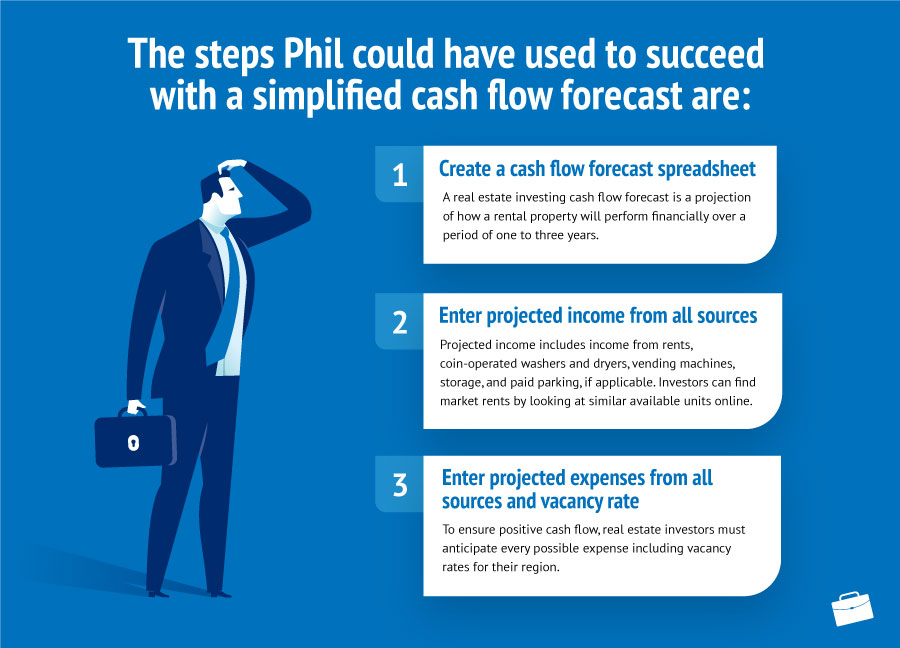
Exploring Real Estate Investing Software
In today's digital age, real estate investing software has become an essential tool for investors. With these tools, investors can make informed decisions based on accurate data and analytics. This article delves into the various types of real estate investing software available. Learning about these tools equips you with the knowledge to optimize your investments. Read on to uncover how these digital tools can elevate your real estate investing game. Gaining insights into these technologies can help you stay ahead in a competitive market. Our goal is to provide you with the insights needed to make informed software choices.
These tools offer functionalities that address the unique challenges faced by real estate investors. Features may include property analysis, cash flow forecasting, and deal management. Utilizing these tools can save time and reduce errors in your investment process. Understanding the different types of software available is crucial to selecting the right one. Learning from others' experiences can guide your own software implementation. Resources like real estate investing blog WHOLESALING HOUSES INFO offer insights into choosing and using real estate investing software. Expert opinions from industry leaders can help you navigate the software landscape.
To learn more about real estate investing software, visit: property flip software
Advantages of Real Estate Investing Software
One major benefit of real estate investing software is improved efficiency. Software can enhance accuracy in financial calculations and projections. Access to real-time market data provides a competitive edge. These platforms often include customizable reports and dashboards. Collaboration features enable seamless communication with your team. Investing software can integrate with other tools you use, like accounting software. Modern tools can strengthen your credibility in the industry.
Many software solutions offer educational resources and support. Scalability is another advantage, as software can grow with your portfolio. Efficiency leads to better allocation of resources and higher profitability. Enhanced security features protect sensitive financial data. Mobile access allows you to manage investments on the go. Competitive analysis tools help you understand your position in the market. Digital documentation lessens the environmental impact of your operations.
Exploring Different Software Solutions
Effective property management software streamlines day-to-day operations. They provide calculators for metrics like cap rate, cash-on-cash return, and IRR. Market research software offers insights into market trends and demographics. Portfolio management software tracks the performance of your investments. Scenario analysis features help prepare for various market conditions. Customer relationship management (CRM) software enhances client interactions. These tools expand your access to potential deals.
They coordinate schedules, budgets, and contractor communications. Staying compliant mitigates legal risks and penalties. Tax planning software helps optimize your tax strategy. Continuous learning is vital in a dynamic real estate market. Clear communication of data supports better decision-making. They facilitate partnerships, mentorships, and deal opportunities. Virtual reality (VR) and augmented reality (AR) software enhance property viewing.
How to Choose the Right Software
Identify your specific needs and objectives before exploring options. Long-term suitability ensures a better return on your software investment. User-friendly software enhances productivity and satisfaction. Reliable support services are crucial for resolving issues quickly. Compatibility enhances overall operational efficiency. Review security features to protect your sensitive information. Consider the total cost, including subscriptions, licenses, and upgrades.
Insights from peers provide real-world perspectives on software performance. Take advantage of free trials or demos to test the software. Up-to-date software adapts to changing market and regulatory conditions. Customization allows you to tailor the tool to your specific processes. Consider the vendor's reputation and longevity in the market. Robust reporting features support better strategic decisions. Ease of implementation accelerates the software's positive impact.
Implementing Real Estate Investing Software
Structured planning ensures a smooth transition to new software. Train your team thoroughly to ensure effective use of the software. Key performance indicators (KPIs) help assess effectiveness. Personalization increases user satisfaction and adoption rates. A strong vendor relationship adds value to your investment. Regularly back up your data to prevent loss. Adapting to enhancements keeps you ahead of the curve.
Encourage collaboration and sharing of best practices among your team. Security is a shared responsibility within the organization. Analytics transform raw data into actionable knowledge. Routine utilization maximizes benefits. An iterative approach leads to sustained success. Address challenges promptly to avoid operational disruptions. Celebrate successes achieved through software utilization.
Discover more about real estate investing, visit: best real estate software for investors
Conclusion
To wrap up, adopting the right software is a strategic move for any serious investor. The right software serves as a catalyst for growth and efficiency. Implementing best practices in adoption and utilization further amplifies these advantages. The long-term gains outweigh the initial costs and learning curve. We encourage you to explore the options available and take the next step in modernizing your approach. Staying ahead requires adaptability and openness to innovation. Taking action now positions you for immediate and future benefits.